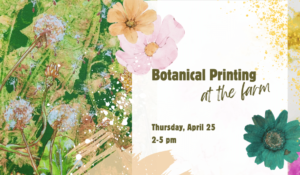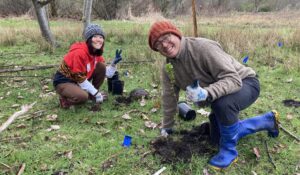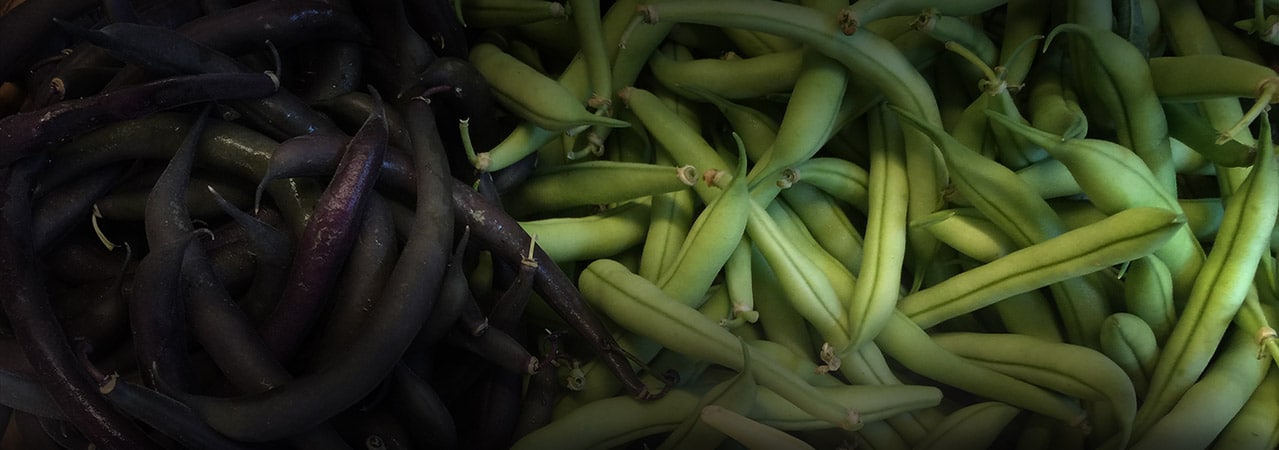
What is Agroecology? What Does It Mean to Us at 21 Acres?
What is Agroecology? What Does It Mean to Us at 21 Acres?
- posted on: November 5, 2020
- posted by: Rebecca Jordan
"*" indicates required fields

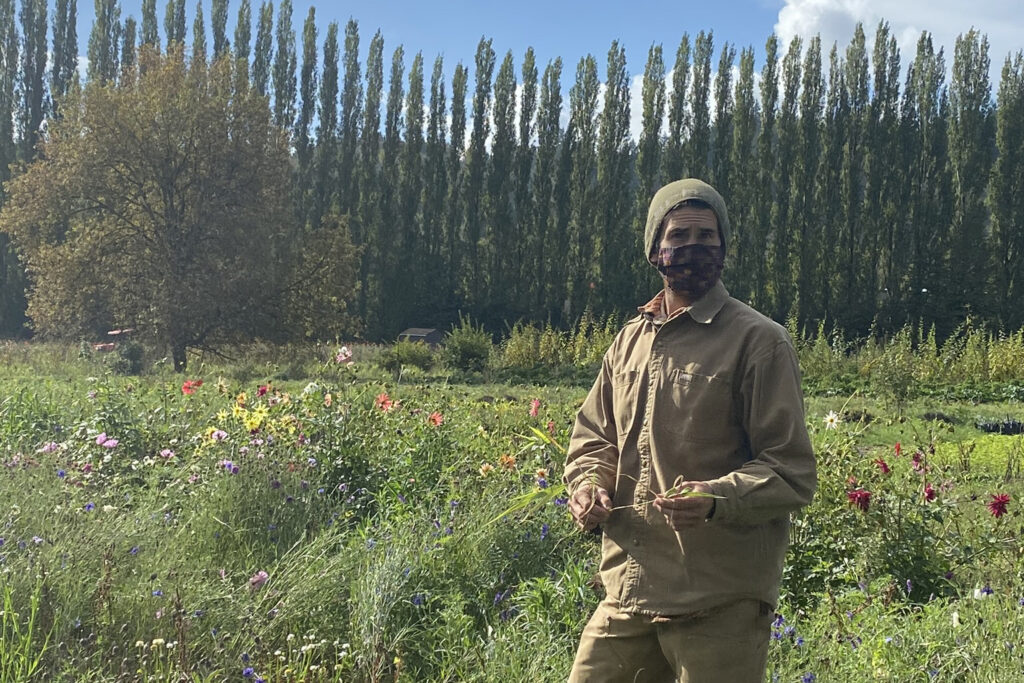
Here at 21 Acres, we consider ourselves practitioners and students of agroecology. It’s one of the core philosophies behind our understanding of how we interact with the food system, with each other, and with our land. But what exactly is agroecology?
Agroecology is the study of ecological principles applied to agriculture, or the practice of using ecological theory to understand, manage, and design agricultural systems. When analyzing an entire agroecological system, we need to apply the seven principles of building resilience in socio-ecological systems to consider environmental, economic, political, social, and cultural ecologies (to name a few). For example, the first principle of ecology is “Maintain diversity and redundancy.” In agroecology, that means not only diversifying crops and planning for a resilient farm season, but also valuing diverse experience and knowledge.
We need to understand agroecology as something that is closely tied to people’s narratives and cultural understandings. When defining what is agroecology, we must first ask, “To whom?” My way of understanding and actuating agroecology will be inherently unique and different from another’s understanding of agroecology.
Agroecology is unique in that it’s a science, a practice, and a social movement. On a global scale, agroecology is a peasant agriculture and social movement that prioritizes food sovereignty, small scale agrarian farmers, community solutions, and values Indigenous rights. And, of course, agroecology works toward food production without sacrificing the environment.
Similar to regenerative farming, agroecology is in direct response to and contention with industrial, global, and degenerative agricultural practices that have contributed to our current climate crisis. In terms of specific farming practices, agroecology implements regenerative practices and those that enhance the surrounding environment.
But agroecology is also distinctly different than regenerative agriculture. While all agroecological farms are inherently regenerative, not all regenerative systems are practicing agroecology. One of the main differences between regenerative and agroecology is the value placed on Indigenous knowledge as the land stewards for millennia prior to the industrialization of agriculture and our food system. It’s a far more localized and grassroots response to social, environmental, and economic injustices.
Agroecology is a movement to put the power back in the hands of the community members growing and eating the food. Agroecology rejects an industrialized model that is socially, economically, and environmentally degenerative. Agroecology is the science of understanding the vastly complex food system and all the intersections between the seed and the table. Agroecology is community resilience and climate action.
Agroecology is all of these things and more. Thank you for continuing to learn alongside us as we explore what agroecology means to us at 21 Acres, to other farmers, and to the whole of our local food system.
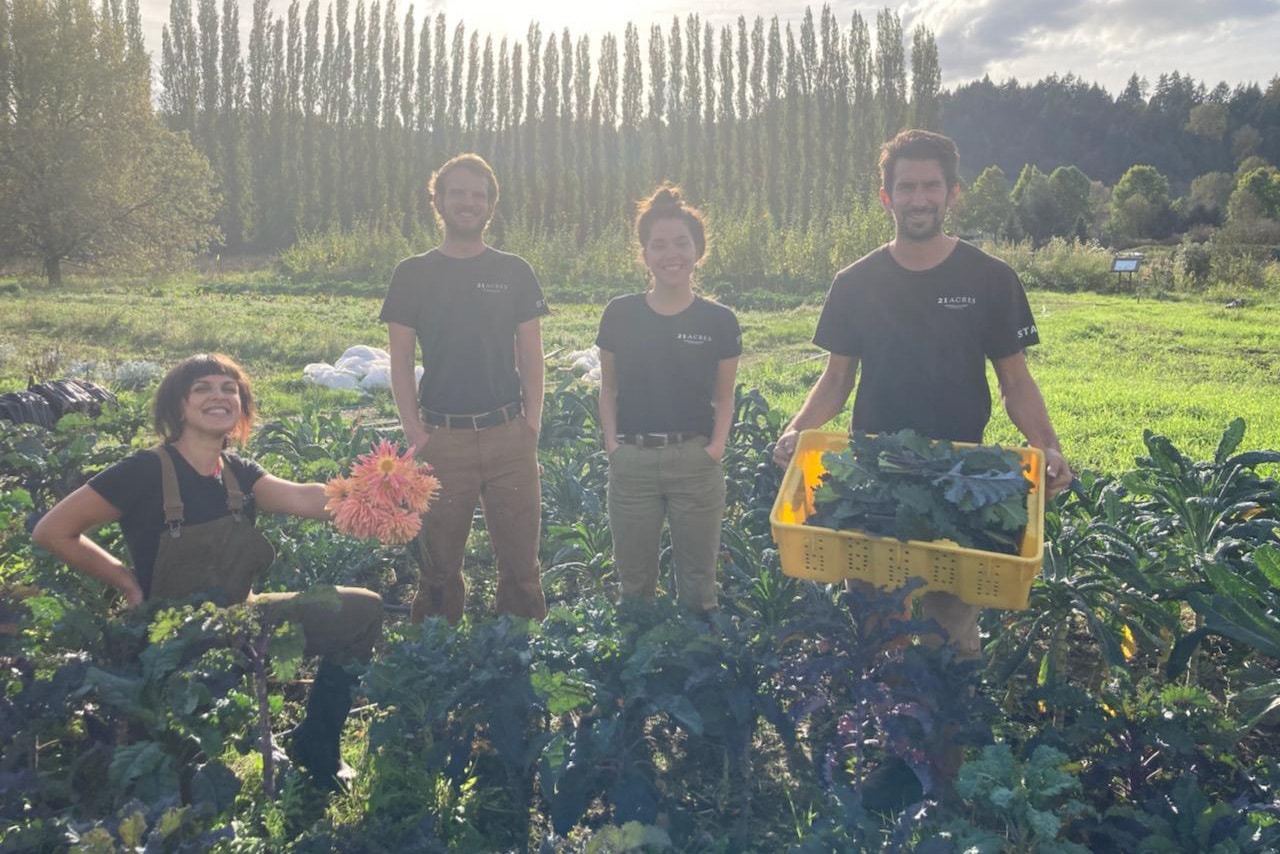
If you want to learn more about agroecology, here are some places to start:
- Stone Barns Center for Food and Agriculture envisions an ecological food culture that puts planet-protecting efforts of farmers front and center.
- National Young Farmers Coalition changes policy and provides business services to ensure young farmers have a chance to succeed.
- Groundswell Center empowers people from diverse backgrounds with skills, knowledge, and access to resources so we can work together to build a more just, sustainable food system.
- Center for Agroecology and Sustainable Food Systems (CASFS) is a research, education, and public service organization dedicated to advancing an ecologically sustainable and socially just food system.
- Community Alliance for Global Justice (CAGJ) is a grassroots, membership-based organization in Seattle working toward a just local and global economy.
- La Via Campesina is a global movement for the peasant’s voice in agriculture.
- The Traditional center for Indigenous Knowledge and Healing exists to provide a place in which all people can seek refuge, sharing an understanding of the world through traditional culture and healing practices, while providing and maintaining a culturally safe place for the Indigenous community.
About Anthony Reyes
Anthony is a Chicano farmer, activist, and practitioner-student of agroecology who works as our Farm Operations Lead. He comes with over a decade of experience in crop production and sustainable agriculture. He most recently comes from Santa Cruz, CA where he managed the Homeless Garden Project farm. Prior to that, he was with Tilth Alliance managing, expanding production, and building farm-based curriculum for the two Seattle Youth Garden Works farm sites and the Rainier Beach Urban Farm and Wetlands. Anthony stays an active member of the WA sustainable farming community and when not on the farm you can find him trekking the beautiful PNW landscapes, playing bluegrass music, or working and consulting with local farms and food and agriculture justice nonprofits.











 back to blog overview
back to blog overview

